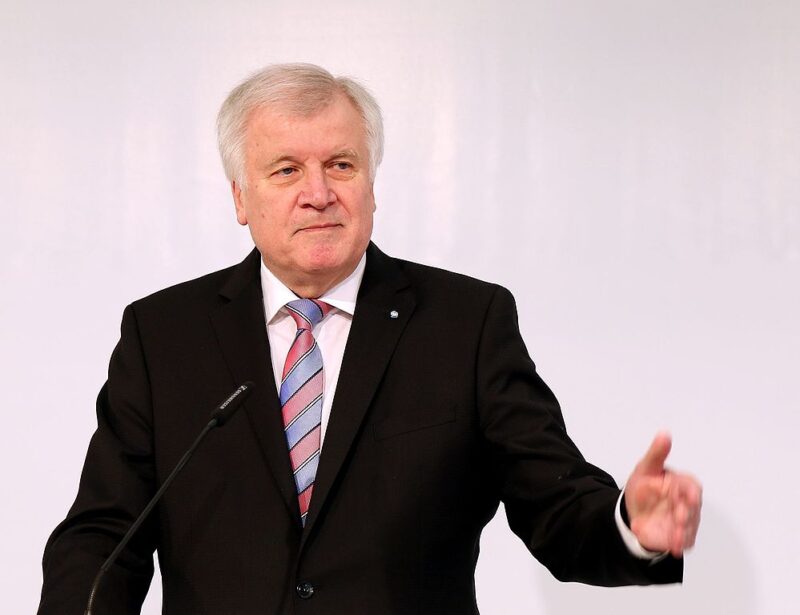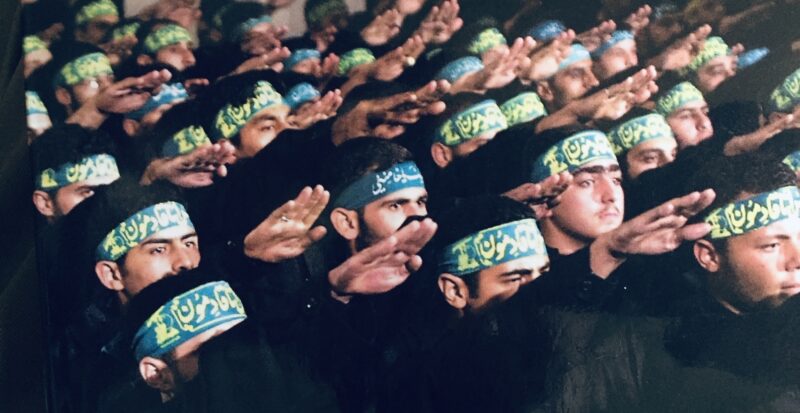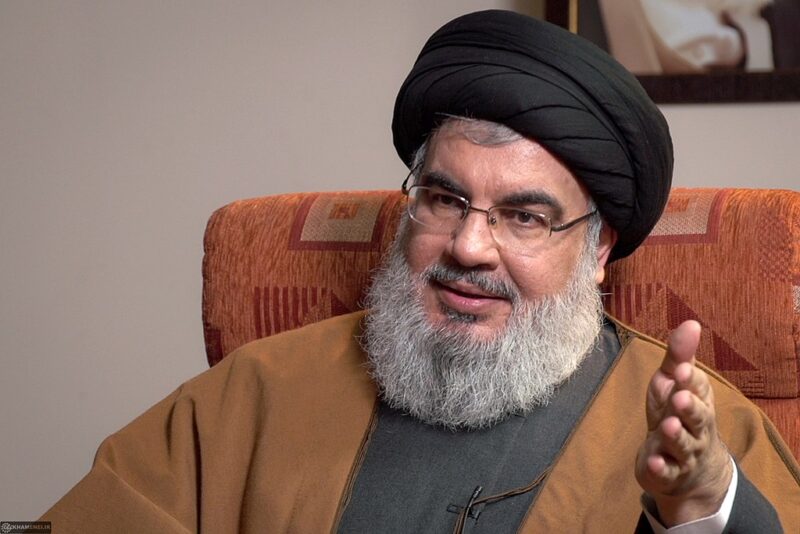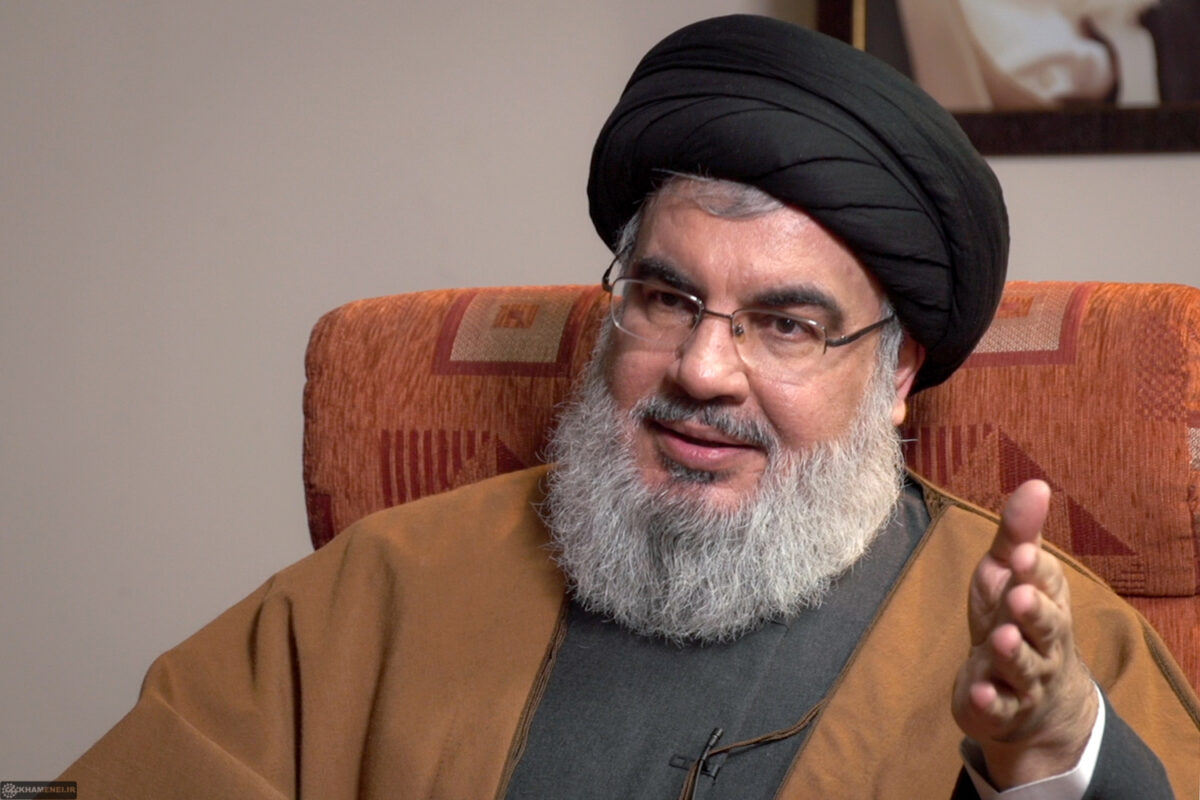Much to its credit, Germany has finally cracked down hard on Hezbollah.
Seven years after branding its armed wing as a terrorist organization and banning it in Germany, the German interior minister, Horst Seehofer, went one step further by effectively outlawing its civilian wing and prohibiting all its activities inside Germany.

Seehofer made this announcement on April 30, bringing Germany’s policy into line with such countries as Britain, Holland, the United States, Saudi Arabia and Israel.
The implications of Germany’s tougher approach to Hezbollah are consequential. From this point onward, Hezbollah — a Shi’a Muslim political, military and social movement dedicated to establishing an Islamic state in Lebanon and destroying Israel — will not be allowed to function in Germany, period
Hezbollah may no longer convene meetings, display its flag and symbols, print materials, reproduce photographs, make films or videos, or raise funds. Germany, too, will confiscate Hezbollah’s local assets.
From a broader perspective, Hezbollah will have greater difficulty operating in Europe, where it has already wreaked death and destruction. In 2012, Hezbollah attacked a tourist bus in Bulgaria, killing five Israelis. A year after this incident, the European Union designated Hezbollah’s armed wing as a terrorist group.

Hezbollah was founded following Israel’s invasion of Lebanon in 1982, with Iran’s Revolutionary Guards playing a key role in its formation. Hezbollah has been opposed to Israel’s existence ever since it became fully operational in 1985. As its founding manifesto states, “Our struggle will end only when this entity (Israel) is obliterated. We recognize no treaty with it, no ceasefire, and no peace agreements.”
Its secretary-general, Hassan Nasrallah, has said, “Israel is an illegal usurper entity, which is based on falsehood, massacres, and illusions. There is no solution to the conflict in this region, except with the disappearance of Israel.”

Apart from Israel, Hezbollah regards the United States as one of its chief enemies. During the 1980s, Hezbollah is believed to have bombed the American embassy and the U.S. Marine Corps barracks in Beirut.
Hezbollah’s categorical rejection of Israel’s very existence was doubtless an influential factor in German Chancellor Angela Merkel’s most recent decision.
Given Germany’s central role in the implementation of the Holocaust, the German government has an obligation to ensure Israel’s security and to be protective of Israel in the face of Hezbollah’s constant threats. Israel can defend itself very well, but external assistance from allies, like Germany, is a tangible sign of friendship and is always appreciated.
Like Israel, Germany has no illusions about Hezbollah. A surrogate of Iran, whose leaders continually threaten Israel, Hezbollah fought a guerrilla war with the Israeli army in southern Lebanon from the 1980s until Israel’s unilateral withdrawal in May 2000.
Israel’s pullout only emboldened Hezbollah. Within months of its departure, Hezbollah initiated border skirmishes with Israel. And in the summer of 2006, Hezbollah ignited a chain of events that sparked a month-long war with Israel. Hezbollah was therefore directly responsible for exposing Lebanon — a country that has no territorial disputes with Israel — to Israeli bombardments and destabilizing the Middle East.
Hezbollah is still sowing tension.
At the end of 2018, Israel discovered a series of Hezbollah attack tunnels ending in Israeli sovereign territory. In another war with Israel, these tunnels would have been used by Hezbollah to launch an offensive with the aim of capturing chunks of land in the Galilee, an objective that Hassan Nasrallah has mentioned several times in recent years.

Thanks to Iran and its ally, Syria, Hezbollah has accumulated 150,000 missiles. Hezbollah has acquired this daunting arsenal despite Israeli Air Force bombardments of Hezbollah weapon convoys en route from Syria to Lebanon.
Predictably enough, Iran has denounced Germany’s ban of Hezbollah. But Germany need not be concerned. Iran, its economy weakened by crippling U.S. sanctions which have battered its oil industry, is far more dependent on good relations with Germany and the European Union than the other way around.
Germany did the right thing in moving against Hezbollah, a bloodthirsty entity which seeks political domination in Lebanon and the eradication of Israel.
